What are viscosity index improvers?
Viscosity index improvers (VII), also called viscosity improvers or viscosity modifiers, are polymer additives that modify the viscosity of fluid/lubricants over the entire usable temperature range. For clarity: Viscosity index improvers do not necessarily increase viscosity, but rather stabilize the viscosity of lubricants by reducing the impact of changing temperatures.
The unfortunate truth for industry practitioners: Mineral oil-based lubricants can lose their effectiveness at high temperatures. This is due to the reduced viscosity of the lubricants as a result of heat and their diminished ability to form a lubricating film.
However, this is exactly where viscosity index improvers come into play.
When viscosity index improvers are added to a low viscosity lubricant, they improve its thickening efficiency as temperatures rise, helping it to maintain its lubricating effectiveness over an extended temperature range. The lubricants can thus reliably protect equipment throughout its useful temperature range.
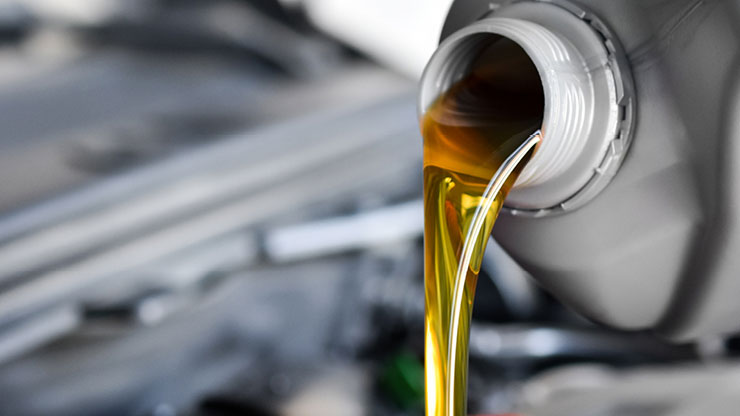
Good to know
Viscosity index
The viscosity index describes the degree of viscosity change of a lubricant in a specific temperature range. It provides information on the temperature and application range for which a lubricant is suitable. The higher the value, the less the viscosity changes at different temperatures.
What are the characteristics of a good VII?
A good viscosity index improver is characterized by a balance between efficient thickening and the stability of the polymer to shear stresses.
What you should know: Polymers with higher molecular weight are better suited to thickening oils. However, their stability to shear stress is usually lower.
Polymers with lower molecular weight have advantages under high shear stress. Their disadvantage, in addition to a higher volume requirement, is that they do not improve viscosity as well at higher temperatures.
Want to know the best part? Kuraray has a wide range of polymers which allow companies to develop new products for the viscosity index improver market. Our specialists will be happy to assist you in selecting the optimum polymer for your viscosity index improver application and provide you with technical data.
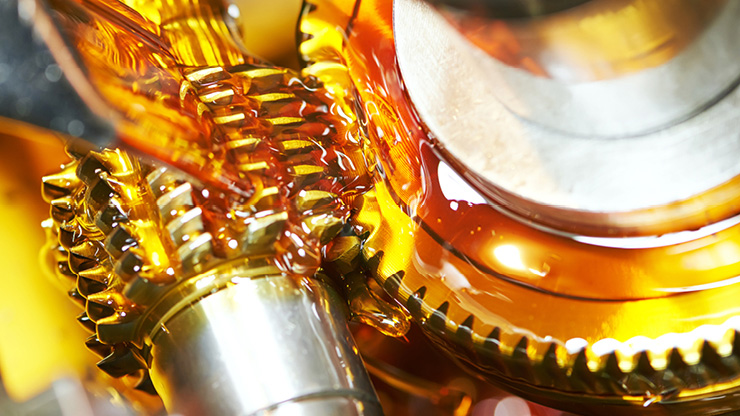
Advantages of a viscosity index improver
Let’s take a look at the benefits viscosity index improvers offer in numerous applications. Engine oils and drilling fluids operate over a wider temperature range. VIIs eliminate the need for frequent oil changes that would otherwise be required. Lubricating oils with viscosity index improvers have a longer service life and are easier to process. Increased machine longevity, along with lower energy consumption, results in lower production costs.
All in all, you can say that a viscosity index improver offers higher performance while potentially lowering costs.
Although oils with VII additives can be more expensive, these costs are offset by longer service life, improved production efficiency and reduced service costs.
Disadvantages of a viscosity index improver
The disadvantages of a viscosity index improver should be mentioned. One disadvantage is their susceptibility to mechanical shear forces. Increasing shear leads to a reduction in viscosity at high temperatures. This particularly affects higher molecular weight polymers whose effectiveness can be reduced or even lost as a result of mechanical shear forces in the crankcase or engine.
Applications
Quite versatile: Viscosity index improvers are used in a wide variety of applications that alternate between high and low temperatures and require consistently high protection and reliable lubrication.
Most applications are found in the lubricants sector where viscosity modifiers are used to formulate various types of industrial oils, lubricants and grease (including lithium grease). One application in this sector is engine oil which requires high thermal stability.
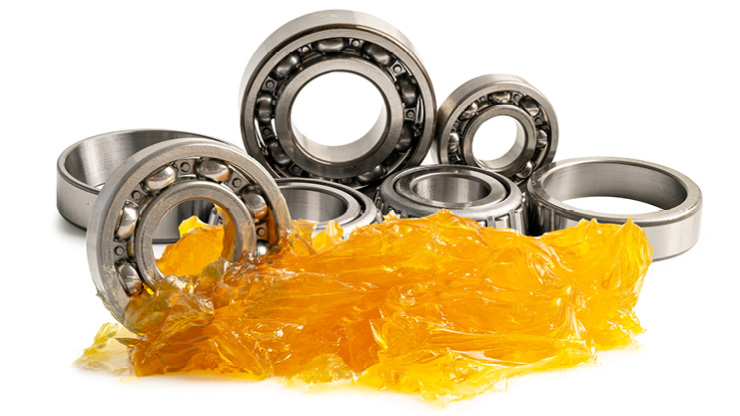
Oil viscosity modifiers & viscosity improvers for lubricants and grease
Oil viscosity modifiers and viscosity improvers for lubricants and grease act as additives to help reduce changes in viscosity at high and low temperatures. Combined with viscosity index improvers, mineral oil lubricants and grease retain more of their effectiveness over a wide temperature range.
As an additive to low-viscosity fluids, oil viscosity modifiers and viscosity improvers for lubricants and grease ensure that the formulation delivers reliable lubrication over a wider temperature range.
Kuraray’s solutions for the oil modification sector include polymers for drilling fluids, also known as drilling muds.

Viscosity modifiers in wire & cable
SEPTON™ can be used as viscosity modifiers to improve the performance of cable filling compounds and cable insulation.
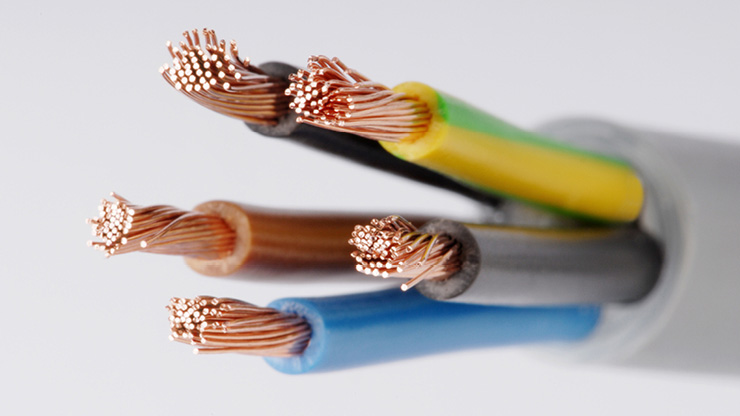
Viscosity modifiers in cosmetics
Did you know? Cosmetics also benefit from additives like viscosity modifiers and thickeners. The addition of SEPTON™ can adjust the viscosity of cosmetic products.
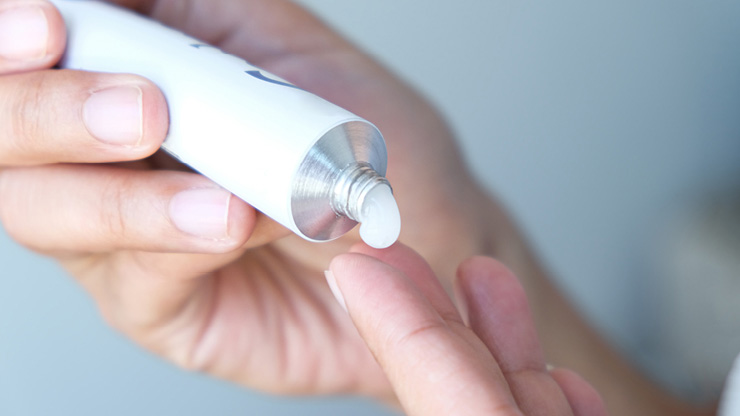
Viscosity modifier examples
Kuraray’s viscosity modifiers retain their properties even during broad temperature changes to ensure that lubricants remain viscous and form lubricating films.
SEPTON™
These styrenic thermoplastic elastomers can be processed in a variety of ways. Selected grades are certified for areas such as grease and oil modification.
SEPTON™ offers excellent functionality as a viscosity improver due to its good shear stability. SEPTON™ modified VII withstands high temperatures and performs well even under high stress.
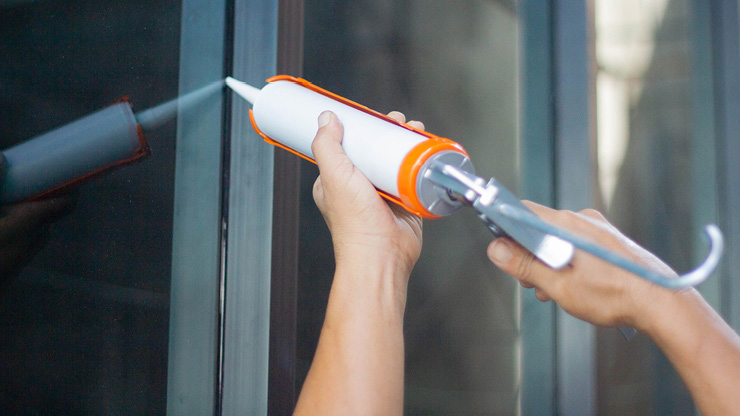
Features and benefits of SEPTON™
- Higher VI* and lower viscosity at low temperature (≤ 20°C) compared to olefin copolymer (OCP)
- Good shear stability
- Narrow molecular weight distribution
*Higher viscosity index (VI) means less oil viscosity change by temperature. At high temperatures, SEPTON™ contributes to prevent engine wear by maintaining the viscosity of the oil and forming an oil film. At low temperatures, SEPTON™ suppresses the increase in viscosity and improves fuel efficiency. Reasoning: On the one hand, there is a difference in how the polymer chain spreads depending on the temperature. On the other hand, the aggregation of the polystyrene block of SEPTON™ contributes to the viscosity at higher and lower temperature.
KURARAY LIQUID RUBBER
KURARAY LIQUID RUBBER is excellent as a viscosity index improver. Kuraray offers a unique, broad range of grades based on isoprene, butadiene and styrene.
Last but not least, the use of KURARAY LIQUID RUBBER in viscosity modifier applications can help formulators meet higher industry certifications for oils.

Features and types
- High molecular weight
- Liquid polybutadiene (L-BR)
- Liquid polyisoprene (L-IR)
- Liquid polystyrene-butadiene (L-SBR)
- Functionalized grades
- Bio-based grades
Product brochure
SEPTON™
Product brochure
KURARAY LIQUID RUBBER

Contact for business
Learn more about Kuraray’s viscosity index improvers and download the SEPTON™ and KURARAY LIQUID RUBBER product brochures in PDF format.
Do you have questions about our viscosity modifiers? Then contact your Kuraray representative and benefit from our vast professional expertise.
Contact
